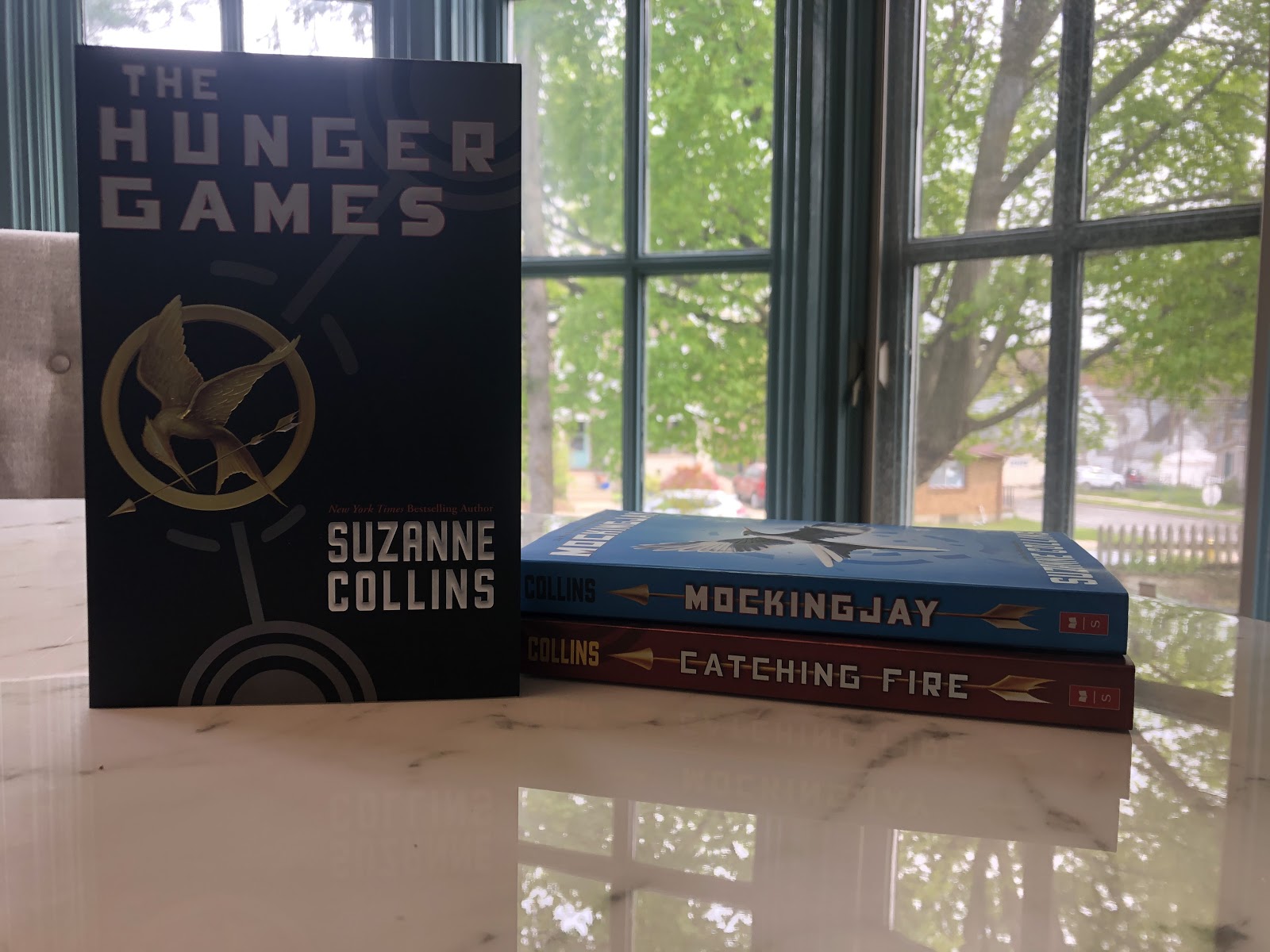In Banned, we review books on the American Library Association’s list of frequently challenged young adult novels, banned books. We review them because challenging ideas are the heart of democracy and diversity, because even harmful perspectives should be discussed so that they may be challenged with understanding, and because we believe that reading can make us all more capable of compassion. These reviews are not endorsements, and whether you read the book addressed herein is your decision.
The Hunger Games is a well loved dystopian YA novel, following the story of Katniss Everdeen. After volunteering for the Hunger Games, she is thrown into the brutal world of her country’s capital. Katniss is a strong, independent female protagonist, which makes her an inspirational character for many young girls. The world building of the book is also impressive! It paints an accurate, somewhat exaggerated version of our current society that helps push the overall themes. The book focuses on corrupt governments, imbalances of power and wealth, and rebellion. Besides being a great book and a young adult classic, The Hunger Games By Suzanne Collins is one of the most commonly banned books in American high schools.
The Hunger Games has been “banned due to insensitivity, offensive language, anti-family, anti-ethic, and occult”, and in 2014 “inserted religious views” was added to that list. While no one can argue that The Hunger Games isn’t violent, I am skeptical of the other reasons listed. For those who have read the book, you would notice that family is a large part of the book. Katniss volunteers for the Hunger Games to save her sister and spends much of her time in the last two books fighting for a better life for her family. Anti-ethic also seems an inaccurate criticism of the book. While the Games and the capitals actions are highly unethical, that is exactly the point of the book. The districts get tired of the treatment they have been given by the Capital so they start a revolution to fight for what’s right. Highly unethical things take place throughout the course of the series but it is made very clear that those things were wrong. While some of these reasons for banning the book have some grounds, overall they seem like a stretch to me.
I think that it is more likely the series is being banned for the same themes the book embodies. Suzanne Collins encourages readers to question authority and fight back when there is something wrong. Perhaps such a popular book is such a popular one for banning because people in power don’t like that power questioned. If this is true, then it demonstrates the other theme Collins focuses on, the power of celebrities. In the Hunger Games, before being sent to the arena, the tributes are used as celebrities to promote the games and cover for the violence to come. Luckily this universe doesn’t have tributes, but books can be influencers too, and sometimes the ways they influence people can be powerful enough to catch a censor’s attention. The Hunger Games teaches the importance of questioning leaders and fighting back when they do questionable things, and I think that is the true reason for why it is such a commonly banned book.

MAYA OEVERMAN
I am a Senior at City and I normally write the weekly book reviews! If I'm not reading, you can usually find me at the barn riding and taking care of the horses.






[…] + hier mehr lesen […]
[…] Books (psu.edu), Suzanne Collins, “The Hunger Games” – The Banned Books Project (cmu.edu), Banned: The Hunger Games – The City Voice, Suzanne Collins Talks About ‘The Hunger Games,’ the Books and the Movies – The New York […]